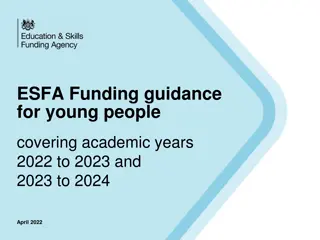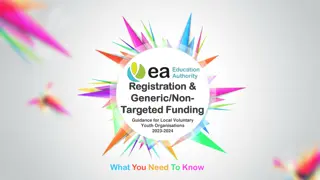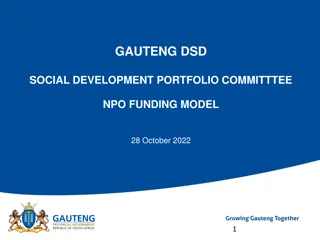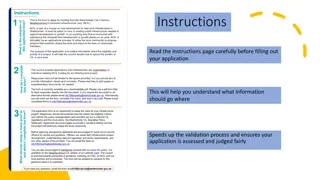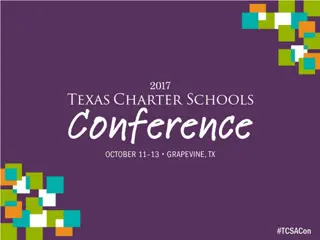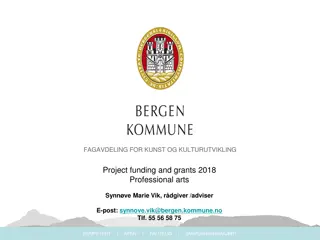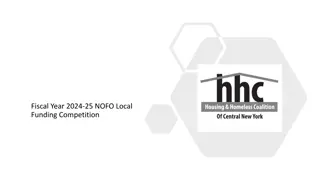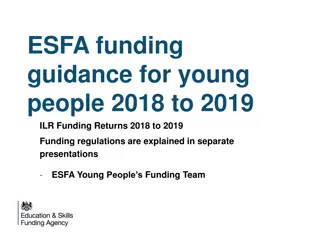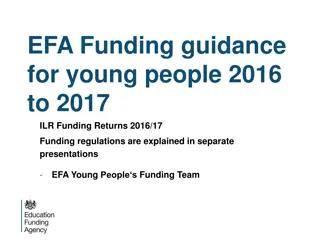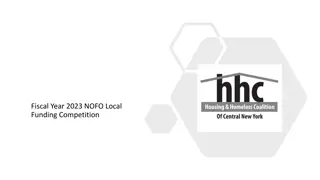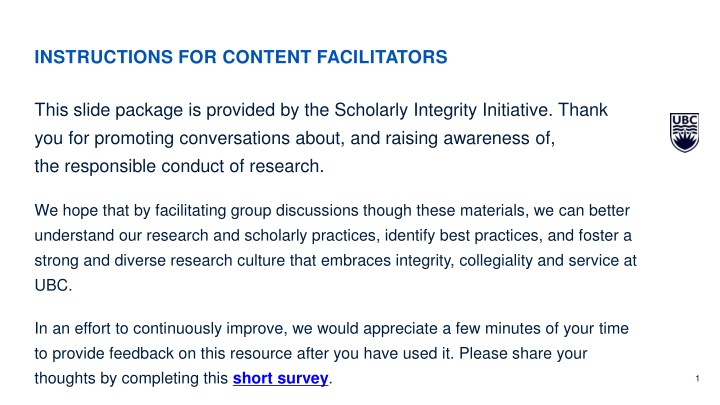
Scholarly Integrity Initiatives: Facilitator Instructions & Resource Overview
Explore this slide package provided by the Scholarly Integrity Initiative to facilitate discussions on research ethics and responsible conduct. Learn how to use the resources, adapt and share them, and apply for funding while maintaining scholarly integrity.
Download Presentation

Please find below an Image/Link to download the presentation.
The content on the website is provided AS IS for your information and personal use only. It may not be sold, licensed, or shared on other websites without obtaining consent from the author. If you encounter any issues during the download, it is possible that the publisher has removed the file from their server.
You are allowed to download the files provided on this website for personal or commercial use, subject to the condition that they are used lawfully. All files are the property of their respective owners.
The content on the website is provided AS IS for your information and personal use only. It may not be sold, licensed, or shared on other websites without obtaining consent from the author.
E N D
Presentation Transcript
INSTRUCTIONS FOR CONTENT FACILITATORS This slide package is provided by the Scholarly Integrity Initiative. Thank you for promoting conversations about, and raising awareness of, the responsible conduct of research. We hope that by facilitating group discussions though these materials, we can better understand our research and scholarly practices, identify best practices, and foster a strong and diverse research culture that embraces integrity, collegiality and service at UBC. In an effort to continuously improve, we would appreciate a few minutes of your time to provide feedback on this resource after you have used it. Please share your thoughts by completing this short survey. 1
HOW TO USE THIS RESOURCE There are two sections to this slide deck resource. 1. The first section is a core slide presentation. Use this to introduce concepts, discuss terminology, and generate discussion with your audience. 2. The second section includes additional slides that you can add to the core presentation, depending on the needs of your audience. Facilitator notes are provided with each slide. Before delivering this material, you should familiarize yourself with the Scholarly Integrity Policy and the relevant scholarly standards within your discipline. If you need additional support, please contact the Scholarly Integrity Initiative. 2
ADAPTING AND SHARING THIS RESOURCE This introductory slide deck is licensed under the Creative Commons Attribution 4.0 International License, which allows you to share and adapt this resource as long as you give appropriate credit, provide a link to the license and indicate if changes were made to the content. For more information about this license, please visit: http://creativecommons.org/licenses/by/4.0/ Please attributeto the Scholarly Integrity Initiative, Office of the Vice-President, Research & Innovation, The University of British Columbia. 3
APPLYING FOR AND MANAGING FUNDING The Scholarly Integrity Initiative HTTPS://RESPONSIBLE.RESEARCH.UBC.CA
INTRODUCTION What are our responsibilities as funding applicants? What are our responsibilities as funding recipients? What are the university s responsibilities with regards to grant funding? How do these relate to scholarly integrity? 5
Providing true, complete and accurate information in funding applications and on documentation of funding expenditures supports scholarly integrity by: Allowing funding agencies, sponsors and research institutions to fairly assess and determine the best way to allocate research funding and resources Preserving public trust and confidence in our ability to conduct research responsibly 6
Responsibly applying for and managing research funding supports us to be accountable to our fellow researchers, non-academic partners, sponsors and the public it is central to maintaining trust and confidence in our research. What does this mean for us? 7
WHAT DOES THIS MEAN FOR US? Budget enough time to apply for and manage grant funding Learn which funding administration responsibilities apply to you Seek support and resources when you or your team need extra help What else? 8
SUPPORT & RESOURCES Policies & Guidelines Tri-Agency Guide to Financial Administration (TAGFA) UBC's Research Over-Expenditure Policy UBC's Travel & Related Expense Policy UBC's Purchasing Policy UBC Research Support Services Support Programs to Advance Research Capacity (SPARC) Office of Research Services Research Finance 9
CASE STUDIES 11
Mina, a well-established expert in her field, enjoys supporting her junior colleagues by discussing their research ideas and direction. When applying to a federal grant, Mina was shocked to learn that she was ineligible because she was already listed as a co-applicant on a different proposal in the same competition. The proposal was submitted by one of her junior colleagues, who had not told Mina that they had listed her as a co-applicant. What should Mina do? 12
John is attending an international conference in Barcelona, which is one of his favourite vacation destinations. His presentation is scheduled on the first day of the conference. Is it okay for John to not attend the rest of the conference in order to take a vacation? 13




